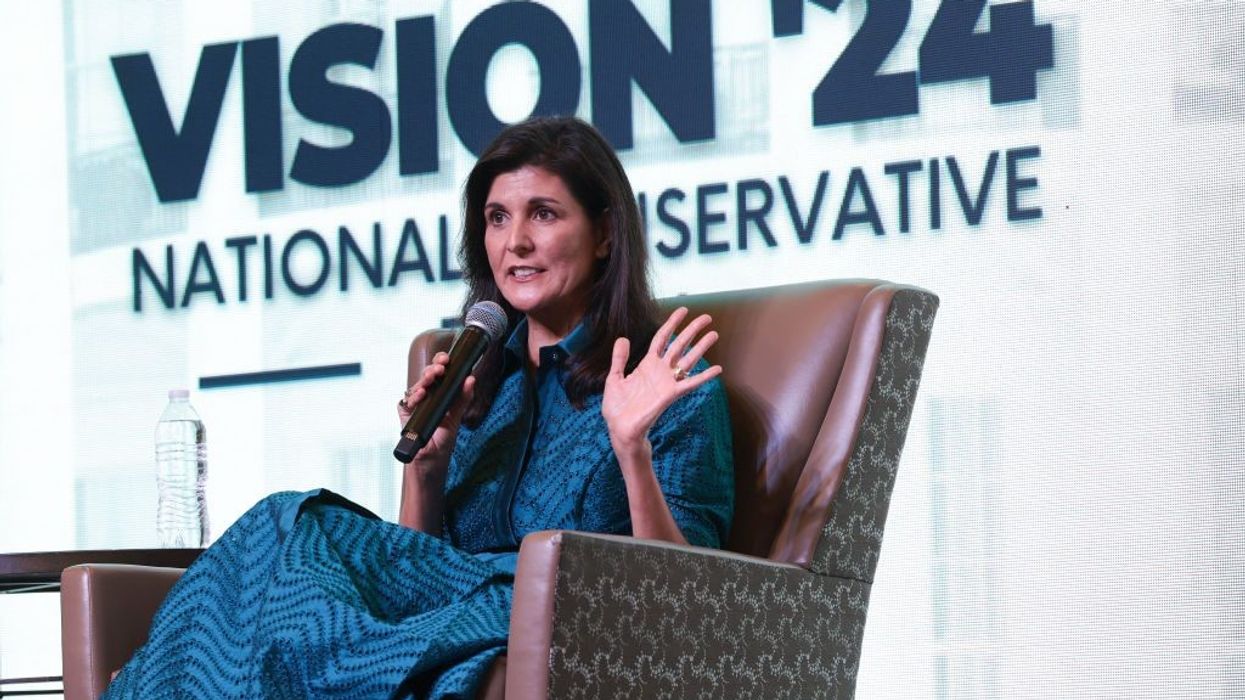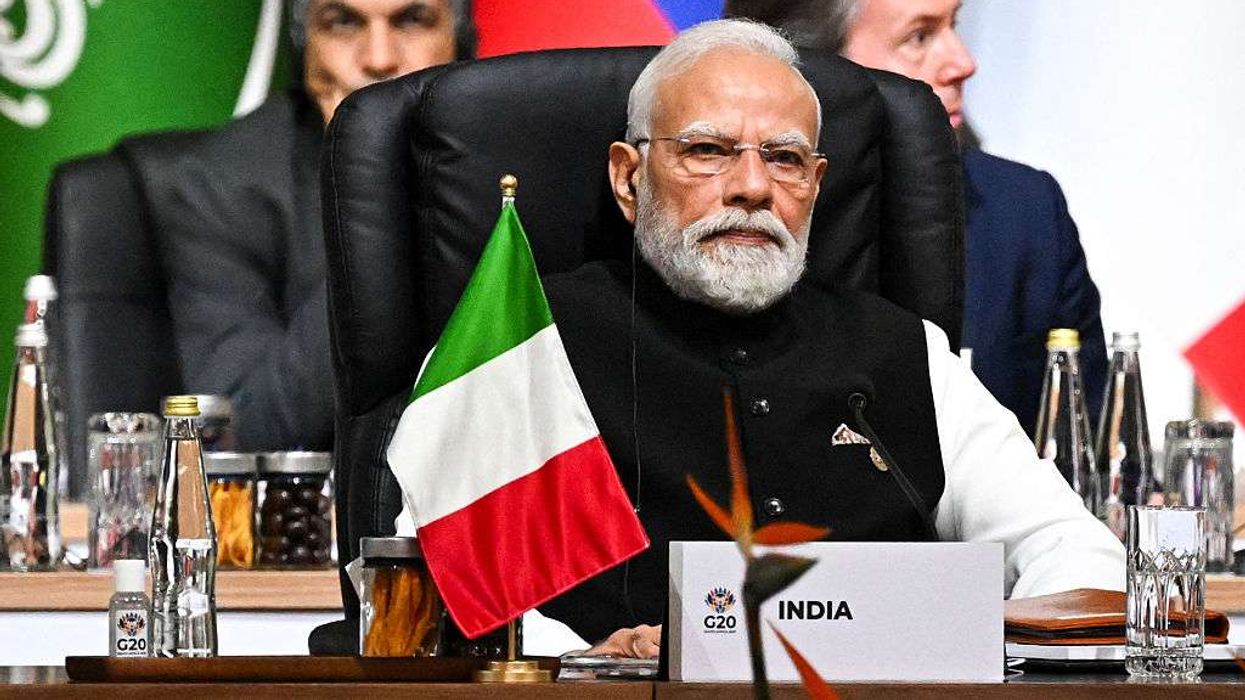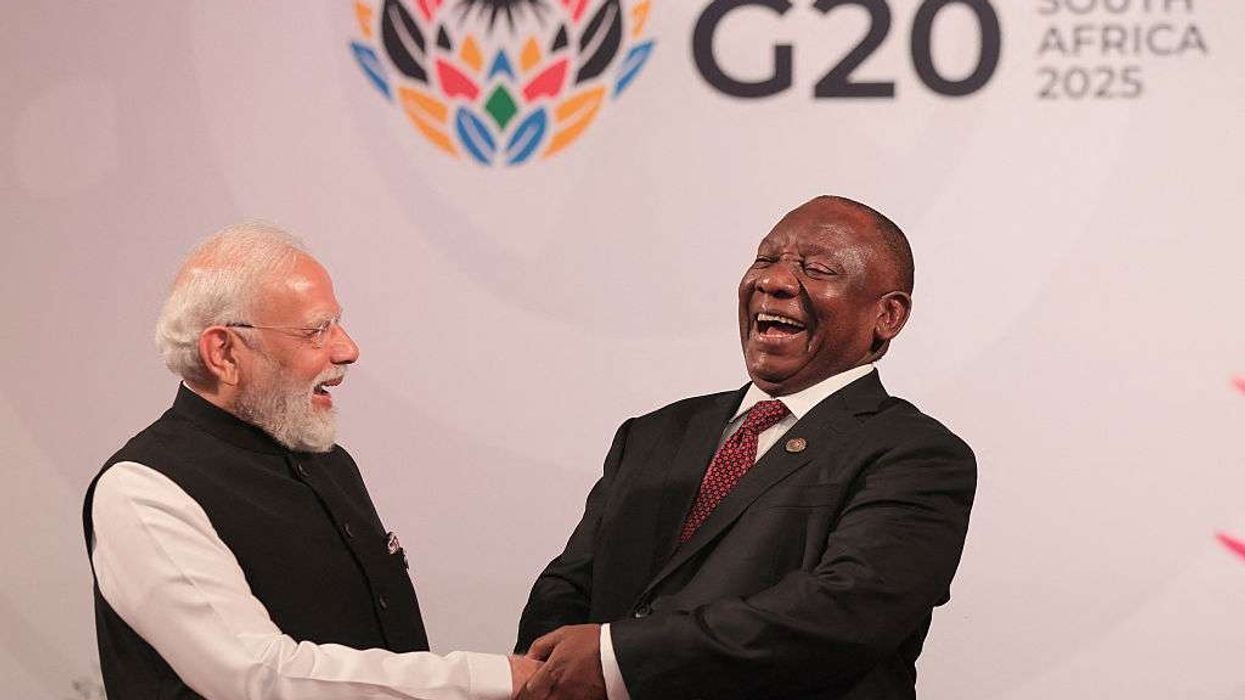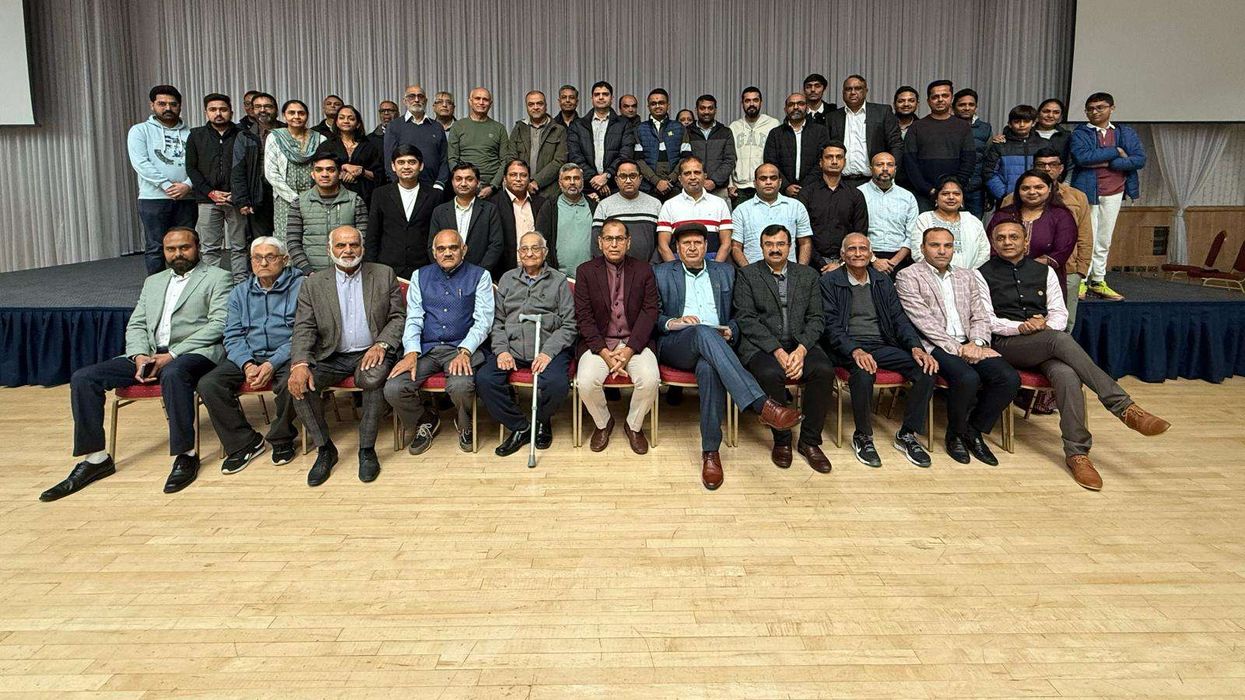Republican White House hopeful Nikki Haley expressed her personal opposition to abortion but emphasized that she did not hold any negative feelings towards those who held a different viewpoint.
In her speech, which lasted around 20 minutes, Haley discussed the sensitive topic of abortion, stating that it should be left to individual states to decide.
Although she would support federal legislation that restricts abortion, she acknowledged that it was unlikely for Republicans to gain the necessary majorities in Congress to make their agenda a reality.
For the time being, she said, all Americans would need to work to establish a consensus on the issue.
"I believe in conversation. I believe in empathy. I believe in compassion, not anger," said Haley, a former governor of South Carolina and the only female candidate in the Republican presidential race. "I don't judge someone who is pro-choice any more than I want them to judge me for being pro-life."
The issue is a thorny one for Republican candidates, and they have largely avoided talking about it in the early months of the 2024 campaign. When they have discussed it, they have struggled to commit to specific policies.
While a significant chunk of the party's base is fervently opposed to the procedure, most Americans, including many Republicans, think it should be legal in most situations.
In a recent poll, 43 per cent of Republicans said they were less likely to vote for a politician who supports limiting access to abortion.
Haley and her staff have often portrayed her as uniquely positioned to talk about abortion and other issues that affect women, given that all other candidates in the Republican field are men. During the speech, Haley spoke of personal experiences, including her own difficulty conceiving.
Haley, who as governor signed a ban on abortions after 19 weeks of gestation, did not offer any new policy proposals and largely avoided specifics altogether.
She did not bring up the topic of abortion medication, which became a hot topic after a federal judge limited the distribution of abortion pill mifepristone in April, a decision that the Supreme Court put on hold.
Abortion has become a more salient issue for voters since the US Supreme Court last year overturned the 1973 Roe v. Wade decision, which had granted constitutional protections for the procedure.
In another development in the US, CNN has fired longtime host Don Lemon.
Lemon faced severe criticism earlier this year for comments made on air during a discussion about Haley's proposal that people over the age of 75 who wish to serve in the White House should prove mental competence.
He said Haley was not in her prime and that a woman's prime is in her 20s, 30s or "maybe her 40s." He later apologised for the sexist comments.
In response to Lemon's departure from CNN, Haley tweeted: "A great day for women everywhere."
(Reuters)







 South African president Cyril Ramaphosa (R) welcomes Indian prime minister Narendra Modi as he arrives for the opening of the G20 Leaders' Summit at the Nasrec Expo Centre in Johannesburg on November 22, 2025. (Photo by Halden KROG / POOL / AFP via Getty Images)
South African president Cyril Ramaphosa (R) welcomes Indian prime minister Narendra Modi as he arrives for the opening of the G20 Leaders' Summit at the Nasrec Expo Centre in Johannesburg on November 22, 2025. (Photo by Halden KROG / POOL / AFP via Getty Images)






